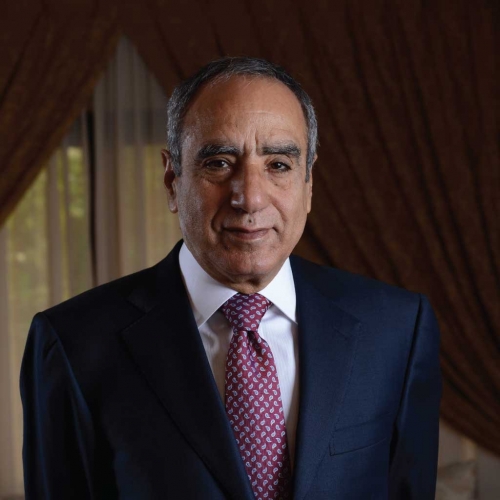Shura Council committee opposes proposal to license translators in Kingdom
TDT | Manama
The Daily Tribune - www.newsofbahrain.com
Email: mail@newsofbahrain.com
A proposal to license translators in Bahrain has been opposed by the Shura Council, with a committee warning it could lead to needless regulation of other jobs. The Legislative and Legal Affairs Committee argued that Bahrain’s current system, which allows parties to agree on translations and resolves disputes with court-appointed experts, is already working well.
While the plan, tabled by Shura member Redha Faraj and others, aimed to improve accuracy in translation, the committee criticised it for being too vague and noted that existing laws already cover official translations. Supporters of the proposal argued that translation, like other regulated professions, needs oversight, particularly as some transactions are legally required to be in Arabic, Bahrain’s official language under the Constitution.
They claimed that stricter controls would ensure both quality and reliability by limiting translation to licensed professionals and approved offices. However, the committee insisted that the current laws are more than sufficient. They explained that the proposal, though not unconstitutional, did not provide a strong enough case for overhauling the system.
In Bahrain, as in many countries, translation agreements are typically settled by mutual consent, and in the event of a dispute, the courts can appoint experts to assess the translations. The committee also highlighted that the proposal lacked clarity, as it failed to specify which types of translation it intended to regulate.
Many of its provisions deferred key decisions to future executive rulings, which the committee argued would undermine the certainty expected from legal texts. Moreover, adopting the law would require amendments to a range of existing legislation related to translation. The committee warned that this could set a precedent for overregulation in other professions, such as tour guides and drivers.
Sweeping changes
Given that the current system has caused no major issues, they saw no reason for such sweeping changes. The committee concluded that Bahrain’s existing framework, which can evolve as necessary, is flexible enough to handle the profession without a specialized law. The proposal had been put forward by Redha Faraj, Dr. Jehad Al Fadhel, Khalid Al Maskati, Dr. Mohammed Al Khuzai and Dr. Abdulaziz Abul.
Related Posts

